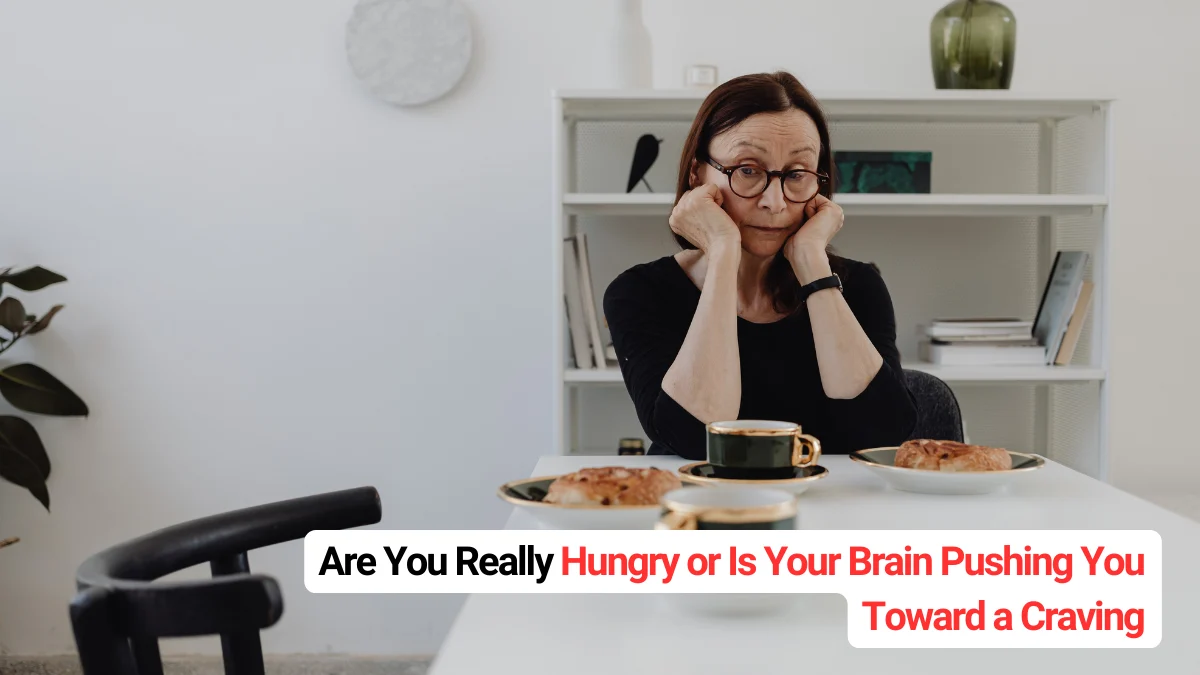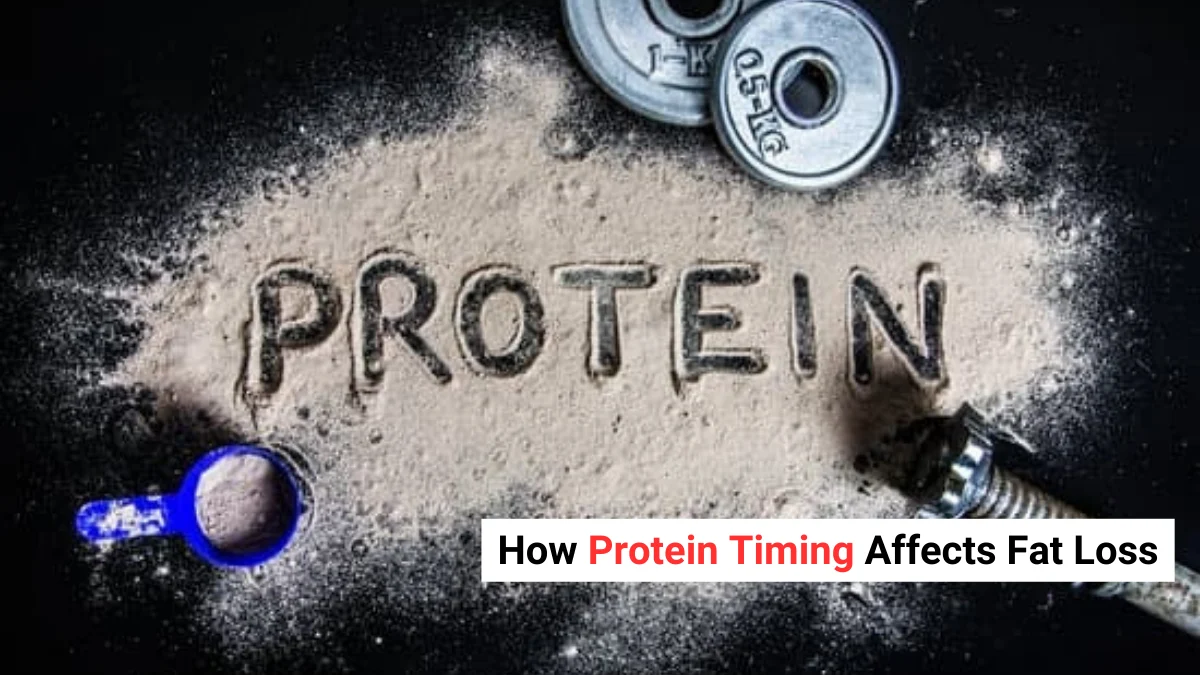Nighttime eating has always created confusion. Many people believe eating late automatically leads to fat gain, but research does not show a single clear answer. The impact depends on calorie intake, habits, and how a person responds to eating late. Some studies show no effect, some show benefits, and some show drawbacks. Because of this, the topic needs a balanced look rather than one simple rule.
Key Takeaways On Nighttime Eating
- Eating late does not always lead to weight gain.
- The main factor is total calories, not the clock.
- Some people gain weight at night because they eat extra snacks.
- Studies show mixed results on early eating vs late eating.
- Night eating can be helpful for sleep or blood sugar in some cases.
- People with reflux should avoid late meals.
What Research Says About Night Eating
Several controlled studies show that late eating does not always work against fat loss. In one early trial where participants consumed the same calories at different times, weight and fat changes did not differ. This showed timing alone did not change results in a controlled setting.
A later study on police officers found that eating most carbohydrates at dinner helped greater weight and fat reduction compared to a group that ate more carbs earlier. The dinner group also showed better insulin response and lower inflammation. Their starting body weight was higher, which may have played a role in the stronger results.
Two other trials showed the opposite. In these studies, eating more calories earlier in the day supported better weight loss and lower waist size. One trial also showed the early-eating group had better fasting glucose and lower triglycerides.
When all studies are viewed together, the results do not favor one strict pattern. Some show late eating helps, some show early eating helps, and some show no major difference. This means nighttime eating does not automatically slow fat loss.
Why Night Eating Affects People Differently
- Total daily calories
- Hunger patterns
- Stress levels
- Habit of snacking during TV or work
- Sleep quality
- Blood sugar response
1. Total daily calories
Many people react to night eating based on how much they eat in the day. When someone goes through long hours without proper meals the body starts looking for quick energy late at night. This creates a cycle where the mind feels low on fuel and reaches for heavy food much later than it should.
Another thing that affects this pattern is how stable the person’s eating schedule is. If the body gets used to irregular meals it struggles to understand hunger and fullness. This makes night eating feel normal even though it can push calorie intake much higher than needed.
When total calories stay balanced through the day the body is less likely to demand extra food at night. But when intake is low or very high the body sends mixed signals and each person responds in a different way. So night eating is not only about timing but also about how the whole day has been.
Why it matters
- Helps regulate hunger signals
- Prevents sudden energy dips
- Reduces late night cravings
- Supports stable weight control
- Improves daily energy flow
2. Hunger patterns
Hunger patterns differ for every person because of lifestyle and internal cues. Some people get hungry at regular times while others feel sudden spikes due to skipped meals or long work hours. These shifts can make night eating stronger for certain people and almost absent for others.
When hunger builds slowly through the day the body learns the rhythm and follows it. But when someone eats in a rush or delays meals the body gets confused and saves hunger for the night. This is why two people with the same routine can still have different hunger drives.
Night hunger also rises when small snacks replace full meals. The body keeps waiting for a complete meal and pushes the hunger response to the evening. Understanding this pattern helps people manage late eating without feeling deprived.
Why it matters
- Shapes natural eating rhythm
- Affects nighttime cravings
- Influences how quickly hunger returns
- Impacts portion control
- Helps set stable meal timing
3. Stress levels
Stress affects each person differently and this changes how they eat at night. Some people lose their appetite when stressed while others look for comfort in food. The brain connects food with calmness and this pushes people to eat more in the late hours.
During stress the body releases hormones that control hunger and energy. When these hormones stay high the body asks for quick fuel and this often leads to snacking at night. People with demanding routines or emotional pressure feel this effect even more.
Stress also shapes habits around food. When someone uses food to relax the mind learns this link and repeats it every night. That is why reducing stress can slowly reduce night eating without forcing strict rules.
Why it matters
- Changes hunger and craving strength
- Can increase emotional eating
- Affects hormones linked to appetite
- Impacts sleep and energy levels
- Influences long term eating habits
4. Habit of snacking during TV or work
Many people snack at night simply because they pair food with a routine. Watching TV or finishing work often becomes a cue for reaching for snacks. Over time the mind sees these activities and assumes it is time to eat even when the body is not hungry.
This habit forms easily because the person is not fully focused on food. When attention stays on a screen the body misses the signs of fullness and ends up eating more. This makes night snacking feel automatic and hard to control.
Breaking this habit takes time because the routine feels comforting. Changing the environment or keeping food away from the work or TV area helps the mind slowly disconnect the two. Once this happens night eating becomes less frequent and easier to manage.
Why it matters
- Creates automatic eating routines
- Reduces awareness of fullness
- Increases calorie intake at night
- Strengthens emotional comfort eating
- Makes habits harder to break
5. Sleep quality
Sleep plays a strong role in how a person eats at night. Poor sleep increases hunger hormones and reduces signals that control appetite. This makes it harder to resist food late at night even when someone tries to avoid it.
When a person stays awake longer the body looks for extra energy to stay alert. This leads to unnecessary snacking and cravings for sweet or salty food. People with irregular sleep schedules feel this effect more strongly than others.
Better sleep helps the body reset hunger signals and manage cravings. When the mind rests well it becomes easier to stop night eating without extra effort. This is why sleep quality changes how two people respond to the same nighttime situation.
Why it matters
- Controls hunger hormones
- Reduces late night cravings
- Supports mood and energy
- Helps maintain balanced eating
- Prevents overeating due to tiredness
6. Blood sugar response
Each person has a different blood sugar response and this changes how night eating affects them. When blood sugar drops quickly the body demands food even if it is late. This can cause strong cravings during the night for some people.
People who eat high sugar or low protein meals in the day may face more blood sugar swings. These swings push the body to look for fast energy late at night. But someone with stable blood sugar may not feel the same need to eat at night.
Maintaining steady blood sugar through the day helps prevent sudden hunger at night. Balanced meals reduce these spikes and dips and make nighttime eating less likely. This is why night eating feels heavy for some and barely noticeable for others.
Why it matters
- Affects hunger strength at night
- Controls cravings for high energy food
- Supports steady mood
- Helps regulate energy crashes
- Plays a role in long term health
Why Night Eating Often Leads to Weight Gain
Most people do not gain fat because of the time they eat. They gain because nighttime snacks add extra calories. Late evenings are also when stress hormones rise, which can increase hunger. People often sit with screens, feel tired, and reach for high-calorie foods like ice cream or chips. This pattern pushes daily intake above what the body needs.
Another problem is hunger cycles. When someone eats too little during the day, they become overly hungry at night. This causes heavy eating before bed, which leads to the same pattern the next day. Over time, this can increase weight.
People with acid reflux should avoid meals close to bedtime. Eating within three hours before lying down may cause discomfort because lying flat makes reflux symptoms worse.
When Night Eating May Help
A light snack before bed can support some people. Research shows structured nighttime snacks helped reduce daily calorie intake in people who usually graze without planning. In one trial, a planned cereal snack after dinner helped participants eat 397 fewer calories per day and led to weight loss.
A small snack may also improve sleep. Lack of sleep is linked to higher appetite and weight gain. In some cases, a stable snack may help with night-time blood sugar swings, but anyone with diabetes should talk to a doctor first.
Most people can eat before bed if they choose simple, nutrient-focused foods. Heavy desserts or fried items add fast calories and can trigger overeating. Light options such as berries, nuts, or yogurt are better choices.
Final Thoughts On Nighttime Eating
Nighttime eating is not bad by default. The main issue is the pattern of overeating, not the time. Some people lose weight with earlier meals, and others prefer late meals with no negative effect. The best approach is the one that keeps a person within their daily calorie needs, supports stable hunger, and fits their lifestyle. Eating with balance through the day remains the most reliable way to support fat loss.







